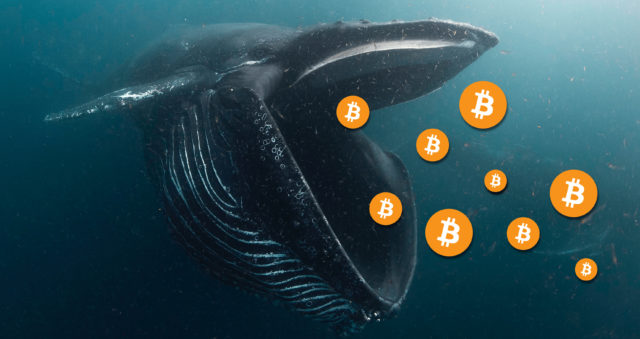In the shadow of the Greek-Turkish crisis. Difficult mission of the German foreign minister in Greece and Turkey. A comment by Ronald Maynardous.
Already the planning of the route foretold political problems. With her trip to Greece and Turkey, German Foreign Minister Analena Burbock entered a diplomatic minefield. German policy towards Ankara is still driven by the goal of preventing further alienation of Turkey and Europe. Essential geostrategic interests are at stake here. The war in Ukraine confirmed Turkey’s exceptional, in some respects unique, position. The rulers in Ankara are aware of their geostrategic value – and behave accordingly. We see this, among other things, in the new aggressiveness of Ankara’s foreign policy. Recipients of this policy are Syria, but mainly neighboring Greece.
Ms Burbok has experienced firsthand how bad Greek-Turkish relations are. The joint press conference with Turkish Foreign Minister Mevlut Cavusoglu offered a first-hand lesson. Human rights violations and the continued harassment of Osman Kavala by the Turkish judiciary played a secondary role. At the center of the “exchange of blows” – as Western observers called the meeting with the press – was the Greek-Turkish issue.
To the great satisfaction of the hosts, Ms. Baerbock left no doubt in Athens about Berlin’s position on the dispute over the Eastern Aegean islands instigated by Ankara: “The Greek islands are Greek territory and no one has the right to challenge this,” the minister said.
A note of nostalgia resonated when the Turkish Foreign Minister spoke enthusiastically about the advantages of the former Chancellor of Germany. Back then, under Merkel, Cavusoglu said, Germany was an “honest mediator” and “impartial”. Today, Germany and the European Union are falling into the trap of Greek propaganda.
Something has changed …
Something has changed – and not just in tone. On the central issue of Greek-Turkish relations, it is not so much the German attitude. It is Ankara’s aggression against Greece, which is new in this form. When members of the Turkish government and their allies more or less openly challenge the territorial sovereignty of an EU member state, a member of the German government has no choice but to side with Greece. From this point of view, Mrs. Burbok only repeated the political and diplomatic obvious in Athens and Ankara.
It would be wrong to accuse the German foreign minister of uncritical philhellenism. In Athens, Ms Burbok criticized Greece’s refugee and asylum policy. The minister also rejected Athens’ request for reparations for the crimes of the German Occupation during World War II, which is a constant part of the repertoire of the far from harmonious Greek-German relations. “Obviously we disagree on that,” Ms. Burbock said. This also applies to the supply of state-of-the-art German submarines to Turkey, which are a problem for the Greeks, who fear upsetting the military balance with their big neighbor to the east.
Despite their many points of disagreement, Athens and Ankara agree on one point: neither Greece nor Turkey is currently interested in Berlin’s mediation in their bilateral dispute. In the time of Angela Merkel this was different.
Ronald Maynardous
Dr. Ronald Mainardus is a political analyst and commentator and Principal Researcher of ELIAMEP. In the mid-1990s he was director of the Greek editorial office of Deutsche Welle
Source: Deutsche Welle
Source: Capital
Donald-43Westbrook, a distinguished contributor at worldstockmarket, is celebrated for his exceptional prowess in article writing. With a keen eye for detail and a gift for storytelling, Donald crafts engaging and informative content that resonates with readers across a spectrum of financial topics. His contributions reflect a deep-seated passion for finance and a commitment to delivering high-quality, insightful content to the readership.







